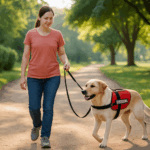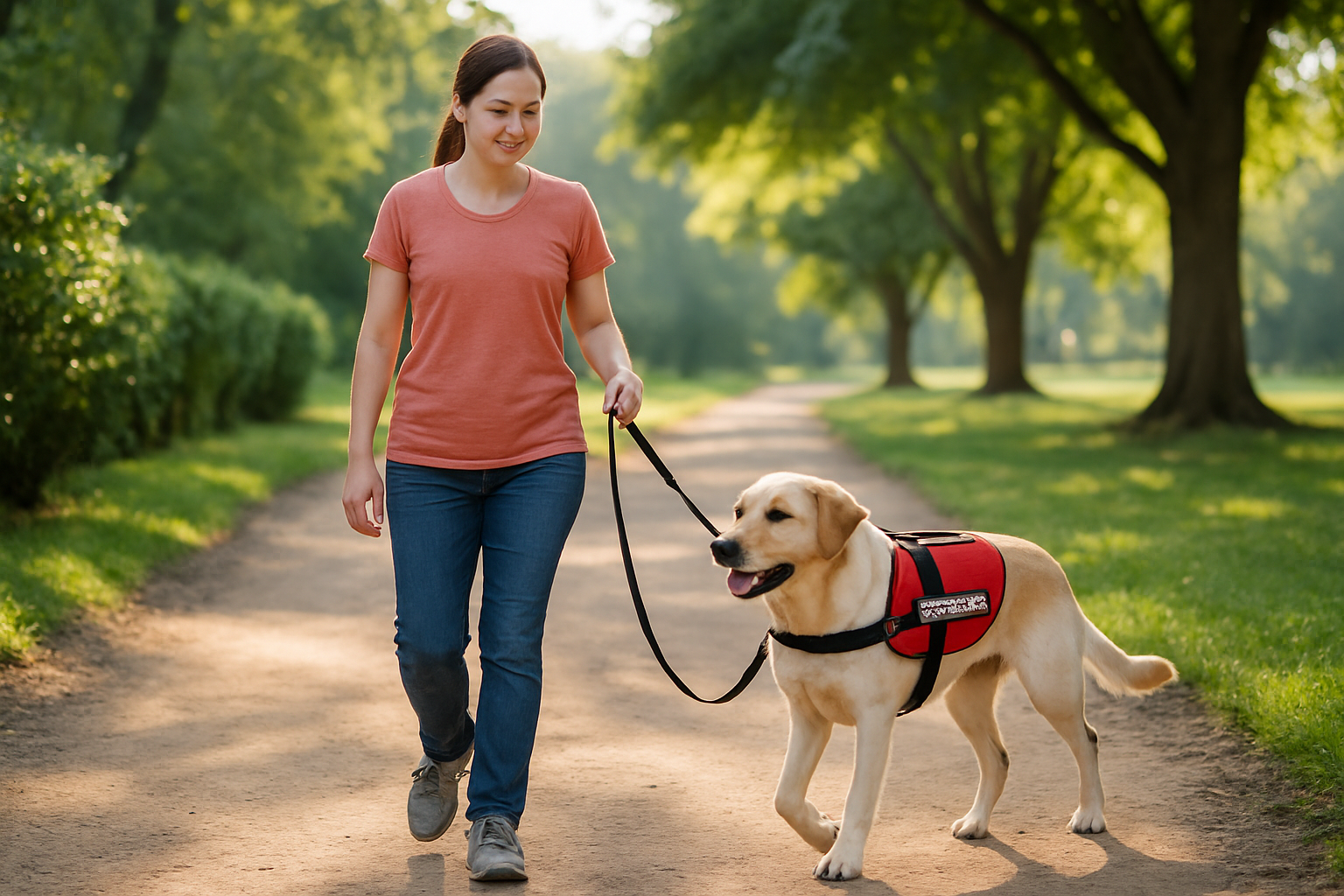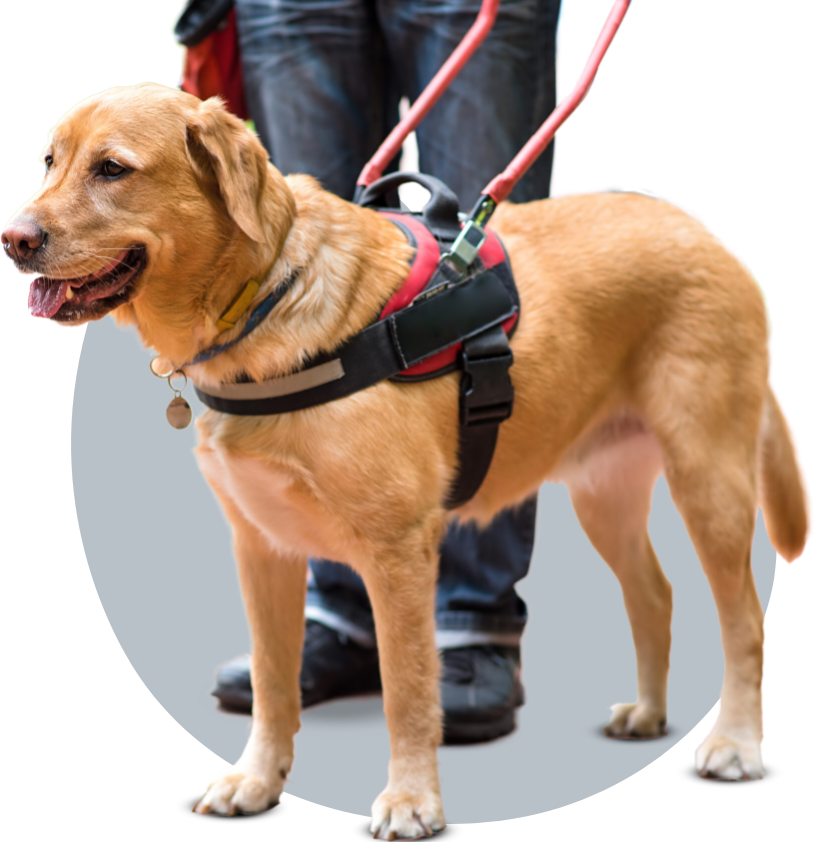The Ultimate Guide to Pet Dental Care: Ensuring Happy Smiles for Dogs, Cats, and More!

Owning a pet comes with the responsibility of ensuring their overall well-being, and dental care is a crucial aspect often overlooked by many pet owners. Just like humans, pets, including dogs, cats, and common domestic animals, require regular dental care to maintain optimal oral health. In this comprehensive guide, we will provide concise and informative guidance on pet dental care, covering preventive measures, common dental issues, treatments, and the best products and tools available in the market.
Dental Care Categories
1. Preventive Measures
Proactive care is the key to a healthy pet smile. Incorporate the following preventive measures into your routine:
- Regular Brushing: Brush your pet’s teeth regularly using a pet-friendly toothbrush and toothpaste. Start slow and make it a positive experience.
- Dental Chews and Toys: Invest in dental chews and toys designed to promote oral health by reducing plaque and tartar buildup.
- Balanced Diet: Provide a balanced diet that supports dental health, including specialized dental diets available for pets.
2. Common Dental Issues
Understanding common dental issues can help you identify problems early on. Watch out for:
- Gingivitis: Inflammation of the gums, often indicated by redness and swelling.
- Periodontal Disease: Advanced gum disease that can lead to tooth loss.
- Bad Breath (Halitosis): Persistent bad breath may indicate underlying dental issues.
3. Treatments
If dental issues arise, prompt treatment is essential. Seek veterinary care for:
- Professional Dental Cleaning: Periodic professional cleanings to remove plaque and tartar.
- Extractions: In severe cases, extractions may be necessary to address advanced dental problems.
- Oral Surgery: For cases requiring specialized attention, oral surgery may be recommended.
4. Best Products and Tools
Choosing the right products and tools can enhance your pet’s dental care routine:
- Toothbrush and Toothpaste: Select a toothbrush and toothpaste specifically designed for your pet’s size and preferences.
- Dental Chews: Opt for reputable brands offering dental chews that meet your pet’s needs.
- Water Additives: Consider adding dental water additives to your pet’s water bowl for additional oral care.

Age-Specific Considerations
From Young to Old
As pets age, their dental care needs evolve. Tailor your approach based on their life stage:
- Puppies and Kittens: Start dental care early to establish positive habits.
- Adult Pets: Maintain regular dental care routines and monitor for any changes.
- Senior Pets: Pay extra attention to dental health, as aging can increase susceptibility to dental issues.
Recommended Frequency and Precautions
Routine Maintenance
Establish a routine that suits your pet’s needs:
- Daily Brushing: Aim for daily brushing for optimal results.
- Regular Vet Check-ups: Schedule routine vet check-ups, including dental examinations.
- Professional Cleanings: Follow your vet’s recommendations for professional cleanings.
Precautions
While caring for your pet’s dental health, keep these precautions in mind:
- Be Patient: Take the time to introduce dental care gradually, ensuring a positive experience.
- Monitor Behavior: Watch for signs of discomfort during dental care routines and adjust as needed.
- Consult Your Vet: Always consult your veterinarian for advice tailored to your pet’s specific needs.
At-Home Dental Care: A Heartfelt Commitment
Owning a pet goes beyond providing food and shelter; it involves a heartfelt commitment to their overall well-being. By integrating these dental care practices into your routine, you’re not only ensuring a happy smile but also contributing to your pet’s long and healthy life. Whether you have a loyal service dog, an emotional support animal, or a furry therapy companion, their dental health is a crucial part of the love and care you provide. Let’s work together to keep those tails wagging and those purrs going strong!
Brought to you by National Service Animal Registry. Learn more about qualifying your pet as a service dog, emotional support animals (ESA), or therapy animal today!















































































